Market-driven interest rate returns after four years
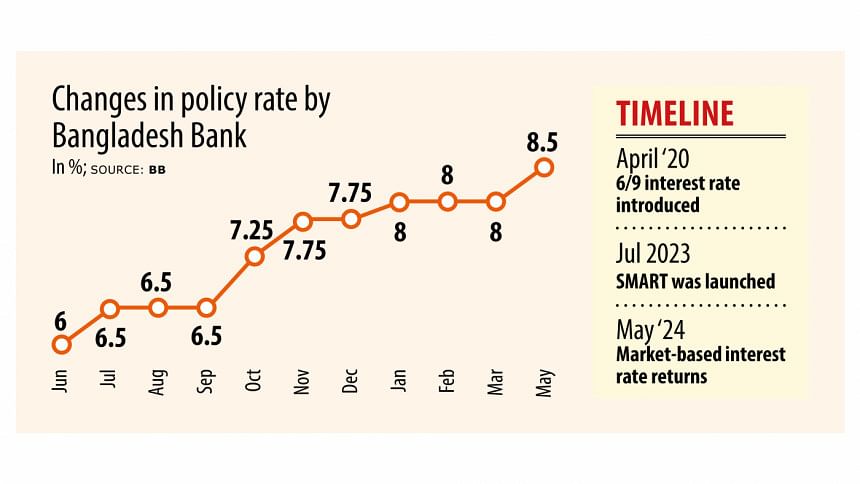
After a gap of four years, the banking sector in Bangladesh has returned to a market-driven interest rate regime at the prescription of the International Monetary Fund (IMF), in order to step up its fight against elevated level of inflation.
The central bank also raised the policy rate by 50 basis points to 8.5 percent, aiming to make money costlier.
The central bank took the decision as people have been struggling with the high level of prices for around two years.
Analysts expect the interest rate in the banking sector to rise in the upcoming days and inflationary pressures to ease.
The move to a market-based lending rate was one of the conditions for the IMF's $4.7 billion loan to Bangladesh, the third tranche of which is expected soon.
Bankers welcomed the decision, opining that the lending rate may rise initially and a market-based rate was necessary to reduce inflationary pressures and make the banking sector healthy.
Selim RF Hussain, chairman of the Association of Bankers Bangladesh (ABB), told The Daily Star that adopting a market-based interest rate was a bold step.
Hussain, also the managing director of BRAC Bank, said when the government interferes in the economy, the market can become unstable.
The new decision will bring governance to the economy, he said.
"The flexible interest rate and the exchange rate will also help reduce capital flight from Bangladesh. This is good news for the economy."
Now, the interest rate will be fixed based on the bank-client relationships and the demand for loans and the supply of loanable funds in the banking sector.
"Inflation will also come down to the expected level due to the hike in the policy rate," Hussain added.
Syed Mahbubur Rahman, managing director and CEO of Mutual Trust Bank, welcomed the central bank's decision to scrap the rates based on the Six-months Moving Average Rate of Treasury bills, abbreviated as SMART, and opt for a market-based interest rate.
In July last year, the central bank introduced the SMART rate, withdrawing the 9 percent lending rate cap and 6 percent deposit rate cap which it had imposed in April 2020. Under the SMART formula, banks were not allowed to raise the interest rate after a certain point.
Now, the banks can impose the interest rate considering their costs of fund. So, the interest rate will be market-driven. "Bankers always want the market to determine the interest rate," Rahman said.
He thinks the interest rate will not rise significantly after the withdrawal of the SMART rate. Moreover, as the central bank has hiked the policy rate, it will make money costlier.
As both policy changes came simultaneously, the interest rate may rise for a few days but not to a major extent.
Rahman, also a former chairman of the Association of Bankers' Bangladesh, said raising the policy rate was an expected move as the central bank announced a contractionary monetary policy last January to tame inflation.
The policy rate, the rate at which the central bank lends to financial institutions, was the ninth straight spike since the tightening cycle began in May 2022, as inflation showed no signs of cooling.
Stock market analysts also welcomed BB's decisions.
Shahidul Islam, chief executive officer of VIPB Asset Management Company, said macroeconomic stabilisation is a pre-condition for a good stock market.
"The new decisions will be helpful for macroeconomic stabilisation, so it will be helpful for the market in the long-run. The market-based interest rate will make loans available to those who need them."
Subir Kumar Ghose, chief executive officer of Partex Petro Ltd, said it was really tough to instantly predict the impact of the decision.
However, he opined that interest rates would increase initially, which would impact overall business negatively.
Ghose also said it would depend on supply and demand of loans.
He assumed the interest rate may grow to 18 to 20 percent and would be reflected by higher costs of production.
"But ultimately the burden will fall on the shoulders of the consumers as businesses will pass on the rise in costs to consumers."
Regarding the crawling peg exchange rate system, Ghose said it was a good solution to stabilise the exchange rate and appreciated that banks could no longer charge as per their wishes.
According to him, banks had charged higher rates for US dollars than the rate fixed by the government, causing importers to suffer when opening letters of credit.
Humayun Rashid, managing director and CEO of Energypac Power Generation, thinks the interest rate would go up immediately because banks would look to increase the lending rate since they are paying higher interest for deposits.
"The market-based interest rate would definitely increase the cost of doing business. Against this backdrop, investment will slow as businessmen will be discouraged from investing in new projects, which in turn will narrow employment opportunities."
Rashid expressed concerns over the crawling peg, saying although the export sector would benefit, it would increase import costs.
Amirul Haque, managing director of Premier Cement Mill, said the central bank relinquished the control to private banks since the BB will no longer have any say about interest rates.
This system can also lead to all kinds of investment getting stuck as investors who took the initiative to expand or adopt new plans will not implement them due to high interest rates, he added.
"As a result, money will flow to unproductive sectors and economic growth will be hampered greatly."

 For all latest news, follow The Daily Star's Google News channel.
For all latest news, follow The Daily Star's Google News channel. 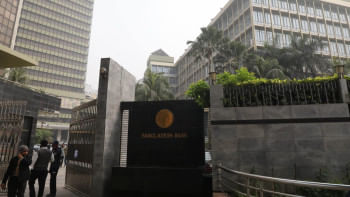



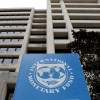
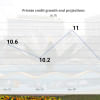


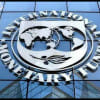


Comments